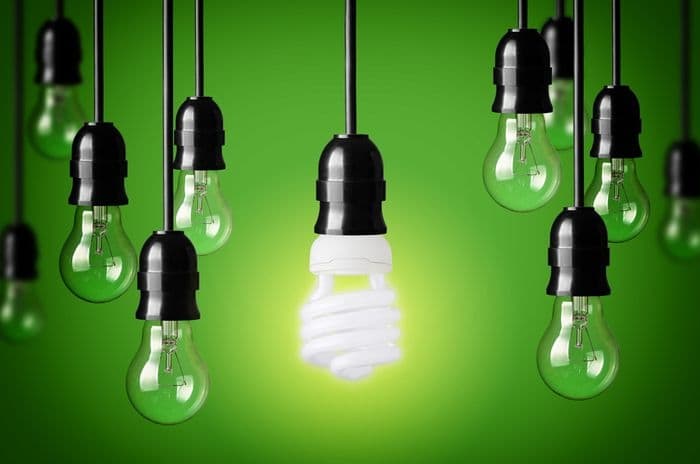Home > Energy > News > Government targeting energy loyalty penalties
Government targeting energy loyalty penalties
Energy white paper explores a range of options for helping energy customers to lower their bills and save money.
Following successful trials, the Government plan to create a framework for opt-in switching to be introduced in 2024.
They are also looking at the possibility of stopping energy companies rolling customers on to default tariffs once a fixed deal ends.
The white paper also included plans to prolong the ECO and Warm Home Discount schemes by extending the obligation to all energy suppliers.

Encouraging switching
A major focus of the white paper is to protect customers from expensive bills by promoting competition in the UK energy market.
They propose a model of opt-in switching where customers who haven't switched their energy supplier for many years are prompted by letter or email to switch to a cheaper tariff.
Ofgem has been running a three-year trial to see if a simple letter or email could encourage customers to make an active choice about their energy tariff.
In total, 94,000 out of over 1.1 million customers decided to make a switch, saving around £21.3m between them.
So, the Government wants to create a framework to allow this strategy to be rolled out more widely, although they don't expect it to become active until 2024.
A record 6.4 million households switched their electricity supplier in 2019. However, fewer households have switched in 2020 due to the uncertainty around the coronavirus crisis.
Tackling loyalty penalties
The white paper also pledges to look at the way auto-renewal works and how roll-over tariffs could be reformed.
Currently, when a customer comes to the end of a fixed energy deal, they are usually rolled on to a supplier's default tariff, often the most expensive option.
While many customers switch to a cheaper energy tariff, the Government is concerned the energy market is too passive and allows suppliers to raise prices without the fear of too many customers leaving them.
Under these proposed reforms, customers could be automatically moved to a new, cheaper tariff. If they didn't want to be automatically switched, customers could opt out.
The Government is set to consult on this idea shortly, but it may be some time before we find out whether they are moving forward with it.
Other reforms
Both the ECO scheme and the Warm Home Discount (WHD) scheme would be extended under the proposals.
However, the Government are looking to extend the schemes to all energy suppliers rather than just those with 150,000 customers (ECO, WHD) or 250,000 customers (WHD).
There are several reasons for this:
- It would make the scheme easier to administer
- Customers wouldn't be worried about switching from one supplier who offered the schemes to another who didn't
- Smaller energy suppliers wouldn't be able to undercut larger companies as they would be liable for the same costs â€" this isn't the case at the moment
Again, consultations will run to see if this is worth pursuing.
There were also mentions of other measures we were already aware of including the rollout of smart meters and the introduction of a new obligation from July 2021 compelling suppliers to meet annual targets on installations.
Utilita have recently fallen foul of Ofgem over their smart meter obligations as they have continued to install old-style meters instead of the second generation SMETS2 models.
In addition, the white paper commits the Government to regulating smart appliances, following on from proposals to improve the security of smart gadgets earlier this year.
However, the timescale on bringing forward legislation for smart appliances is sketchy, with the white paper simply saying they will legislate when parliamentary time allows.
Learn more about turning your home into a smart home.
Get insider tips and the latest offers in our newsletter

We are independent of all of the products and services we compare.

We order our comparison tables by price or feature and never by referral revenue.

We donate at least 5% of our profits to charity, and we have a climate positive workforce.
Latest News

02 January 2024
Energy prices increase by 5%
23 November 2023
Energy price cap to rise 5% in January 2024
24 October 2023
Energy companies must do more to support customersGet insider tips and the latest offers in our newsletter


